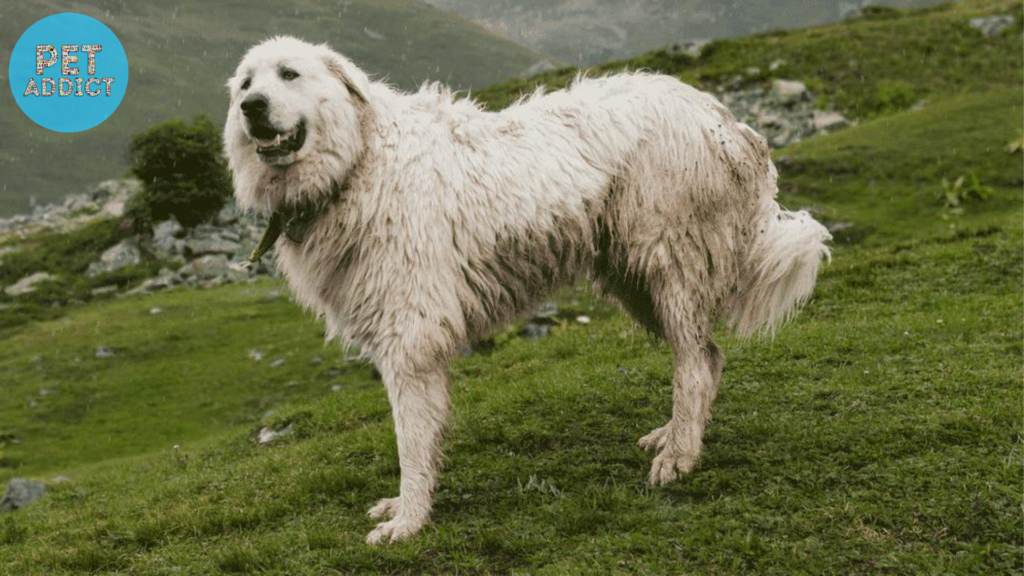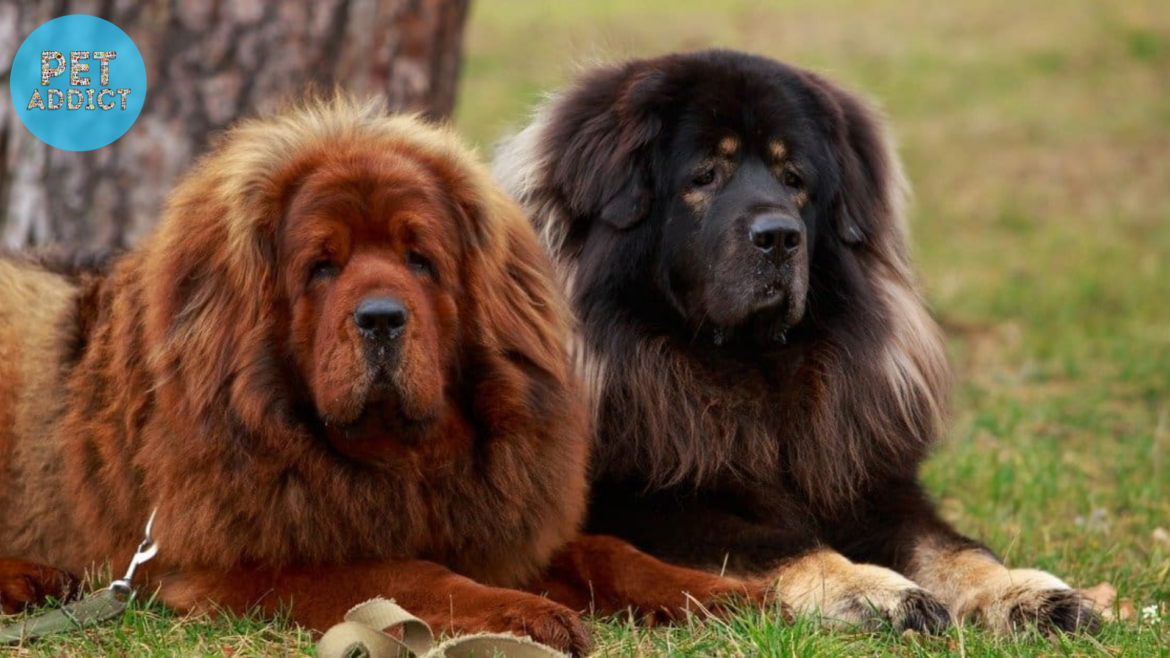Introduction
Mountain dogs, with their majestic presence and gentle nature, have captivated the hearts of dog lovers around the world. Known for their size, strength, and loyalty, these breeds have a rich history as working companions and beloved family pets. In this comprehensive guide, we will explore the world of mountain dogs, discussing different breeds, their physical characteristics, temperament and personality traits, historical roles, exercise and training requirements, grooming and coat care, health considerations, as well as the importance of training and socialization.
PetAddict.net – The best place where you can find everything about your pet!
Mountain Dog Breeds
Mountain dog breeds encompass a variety of breeds, each with its own distinct traits and history. The Bernese Mountain Dog, originating from Switzerland, is known for its striking tri-color coat and gentle disposition. The Great Pyrenees, hailing from the Pyrenees Mountains, are renowned for their white coats and dedicated guarding instincts. Saint Bernard, famous for its rescue work in the Swiss Alps, is a gentle giant with a kind and patient nature. These are just a few examples of the remarkable breeds that make up the world of mountain dogs.
Physical Characteristics

One cannot help but be impressed by the physical stature of mountain dogs. They are typically large in size, with a sturdy build and powerful limbs that enable them to navigate rugged terrains. Many mountain dogs boast double coats, providing insulation and protection in harsh weather conditions. Their expressive faces often exude intelligence and warmth, making them instantly recognizable and endearing.
Temperament and Personality

Mountain dogs are known for their loyalty, intelligence, and protective instincts. They form strong bonds with their families and are often gentle and patient with children. While they can be reserved with strangers, they generally display a calm and composed demeanor. Their adaptability makes them excellent family pets, and their compatibility with other pets can vary depending on the individual dog and proper socialization.
Working Roles and Historical Significance

Mountain dogs have a rich history of working alongside humans in various roles. They have been utilized as herding dogs, assisting in moving livestock through challenging mountainous terrain. Their guarding instincts make them valuable protectors of property and livestock. Additionally, mountain dogs, such as Saint Bernard, have gained fame for their impressive search and rescue abilities, particularly in snowy and treacherous conditions.
Exercise and Training Requirements
Due to their high energy levels, mountain dogs require regular exercise to keep them physically and mentally stimulated. Daily walks, hikes in nature, and engaging playtime are essential for their well-being. Obedience training is crucial to ensure they develop into well-mannered companions. Their intelligence and willingness to please make them responsive to training methods that focus on positive reinforcement.
Grooming and Coat Care

Mountain dogs typically have thick, double coats that require regular grooming to keep them in optimal condition. Regular brushing helps to manage shedding and prevent matting. During shedding seasons, more frequent brushing may be necessary. Additionally, maintaining proper hygiene, such as regular ear cleaning and dental care, contributes to their overall well-being.
Health Considerations
Like any dog breed, mountain dogs may be prone to certain health conditions. Common concerns include hip and elbow dysplasia, bloat (gastric dilatation-volvulus), and heart conditions. Regular veterinary check-ups, a balanced diet, proper exercise, and weight management are crucial for maintaining their health. Responsible breeders conduct health screenings to minimize the risk of inherited conditions.
Training and Socialization

Early training and socialization play vital roles in shaping the temperament and behavior of mountain dogs. Positive reinforcement training methods, which focus on rewards and encouragement, work well with their cooperative nature. Socialization with various people, animals, and environments from a young age helps them become well-rounded dogs that can adapt to different situations and personalities.
Conclusion
Mountain dogs encompass a remarkable group of breeds known for their size, strength, loyalty, and gentle nature. Whether as family pets or working companions, they bring a sense of majesty and companionship to those fortunate enough to share their lives. Understanding their physical and behavioral traits, providing them with proper care, exercise, and training, and ensuring their overall well-being are essential aspects of being a responsible owner. If you’re considering a mountain dog as a furry companion, their unique qualities and characteristics make them a truly special addition to any loving home.




